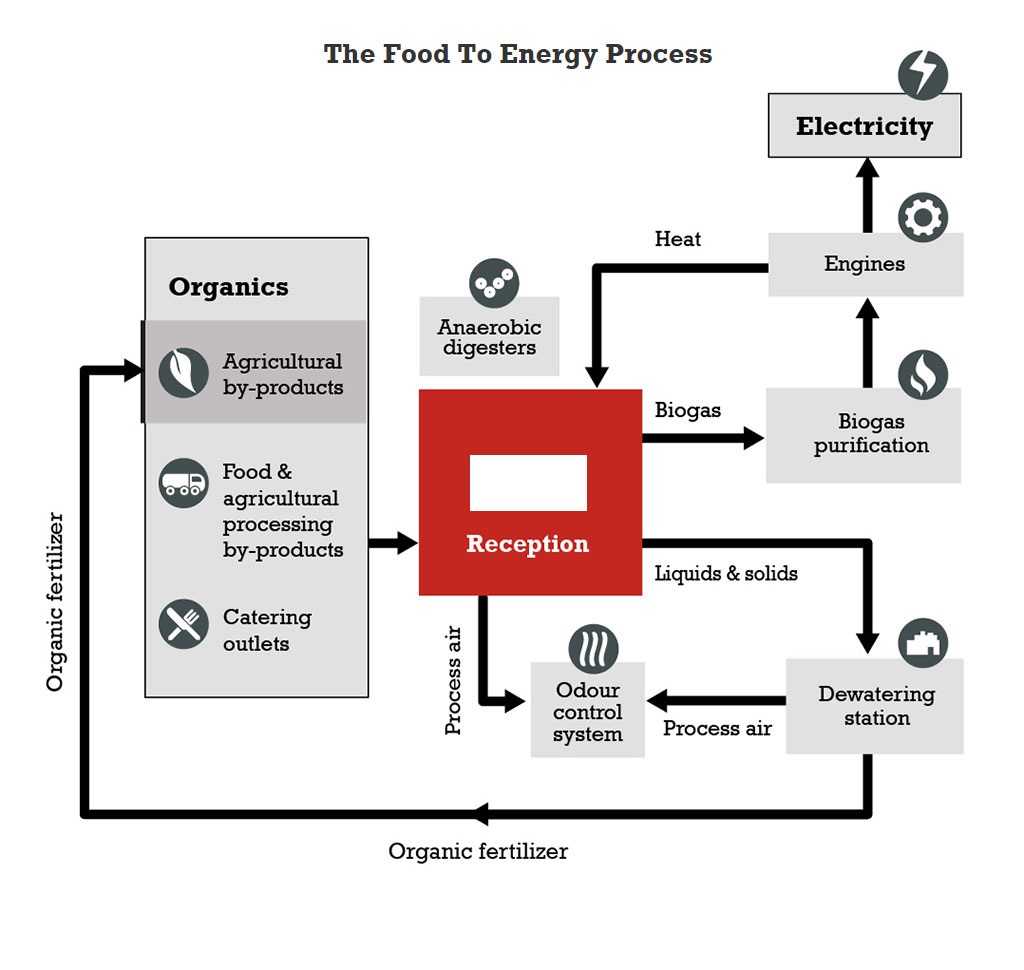Ever wondered what a bulk carrier is? Confused about the difference between MRF and DMR? We’ve got you covered with our jargon buster.
C&D waste – Construction and demolition waste from building renovations etc
Hazardous waste – light bulbs, led bulbs, tube lights, CFL bulbs , chokes, starters etc

Waste Types
E- Waste – Waste Electrical and Electronic Equipment
E-waste includes most products that have a plug or need a battery, such as fridges, cookers, radios, TVs, electric drills, smoke detectors etc. As a result of this complex mix of product types and materials, some of which are hazardous (including arsenic, cadmium, lead and mercury and certain flame retardants) E-waste recycling poses a number of health risks that need to be adequately managed.
Single Stream Recycling
Our single stream recycling service deals with large volumes of a particular kind of waste, e.g. paper, food, plastic, metal or wood. We can collect and recycle the stream, minimising your costs and enhancing your environmental performance.
DMR – Dry Mixed Recycling
Dry Mixed Recycling (or DMR) is the term used to describe waste that hasn’t been contaminated by things such as food or garden waste. Typical components of DMR are plastic, cardboard, paper or glass. The mixed waste is usually taken to a Materials Recycling Facility (MRF) where it is separated and recycled.
Services & Compliance
IRM – Integrated Resource Management
Our Integrated Resource Management (IRM) service can help large businesses ensure they are fully compliant with waste regulations. We work with progressive, complex organisations to minimise their environmental footprint and significantly reduce waste management costs. Find out more about IRM.
Processes
AD – Anaerobic Digestion
The process of anaerobic digestion provides a source of renewable energy by breaking down food waste and producing bio gas (a mixture of methane and carbon dioxide). Bio gas can then be used to generate electricity and heat.
In-Vessel Composting
In-vessel composting is a method of treating food and garden waste mixtures. The composting takes place in an enclosed environment to monitor and control temperature. Systems include silos, rotating drums and enclosed halls.
MBT – Mechanical & Biological Treatment
Mechanical & Biological Treatment is a combination of sorting and treatment technologies including the separation of materials for recycling, refuse-derived fuel (RDF) production or anaerobic digestion. Our MBT facility in West Sussex is designed to divert over 75% of incoming material into a resource.
MRF – Materials Recycling Facility
MRFs are specialised plants that recover recyclables from general waste, and separate and prepare the materials for sale to manufacturers.
Tankering
Tankering is the process of moving and safely disposing of liquid waste, e.g. sludge.
Fuel/Gas
Biofuel
Biofuel is a type of fuel produced through biological processes such as anaerobic digestion and agriculture – it’s a more environmentally friendly alternative to fossil fuels which involve geological processes.
One of our long-term objectives at NWMS is to minimise environmental impact whilst striving from sustainability. As part of this, we use environment friendly vehicles for collection.
RDF – Refuse Derived Fuel
RDF is a type of fuel produced from different types of waste, e.g. household solid waste or industrial waste.
LFG – Landfill Gas
Landfill gas is a natural by-product of landfills that occurs as the materials decompose. Landfill gas is a fuel that can be utilised to generate electricity, and landfill sites can be a major source of renewable energy production Left untreated, landfill gas can be dangerous to the environment – the main components are carbon dioxide and methane, both greenhouse gases.
